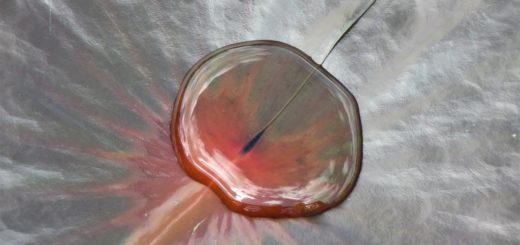Finding One’s Identity
A student who has been investigating the subject of “identity” informs me that she became somewhat lost amid all the diverse explanations of this notion that one encounters from various sources, until at last she settled on an approach reminiscent of Socrates’ famous “second sailing” (Phaedo, 99dff), a path she explains as follows:
I just thought, after talking with you about this topic, that the important thing is to focus on the “root,” which is the fact that we are human beings, thinking animals, because I believe the purpose of this discussion about Identity is to figure out who I am and how to live from now on, and from the Aristotelian perspective, a good life is one in which we use the characteristics that make us fully human so we fulfill our purpose.
To reinforce the benefits of this retreat to ancient principles, I offer the following clarification on this most vexed and overloaded of modern philosophical and artistic concerns, identity.
The subject of “identity” is a very modern obsession, which is why you cannot seem to find a clear explanation of even what identity is supposed to mean. Since people stopped thinking of human nature and our eternal soul, they had to find another kind of “definition” of themselves, to understand what they are and why they should live. The idea of “identity” — used in metaphysical, political, artistic, and psychological discussions — seems to be one of the most common concepts we use to give meaning to our existence in a world without a serious and comprehensive view of human nature.
The basic philosophical question, “What am I?” can mean two fundamentally different things.
1. What kind of being am I? (What is a human being?)
2. What makes me, this individual (or group member), unique and distinguishable from other individuals (or the members of other groups)?
The first question is aimed at self-understanding and knowledge of essence, and answers to the Socratic maxim, “Know thyself.” The second, by contrast, is aimed at self-expression and creating individuality (or social belonging), and answers more to the platitude, “Be yourself.” The first is about learning one’s relation to the cosmos. The second is about finding “evidence of myself” in a world that makes me feel small and anonymous. The first, then, is about the soul, the second about the self. In other words, the first is ancient, the second is modern.
To answer the first question is to discover what I ought to do to live well. To answer the second question is to feel more “significant” and good (or bad) about myself. The goal of the first is to become the best possible example of something. The goal of the second is to see myself as the only case of something, a unique being in the world.
But is it more important or meaningful to be “the horse with the distinctive white spot on its neck” or to be “the best horse”?



